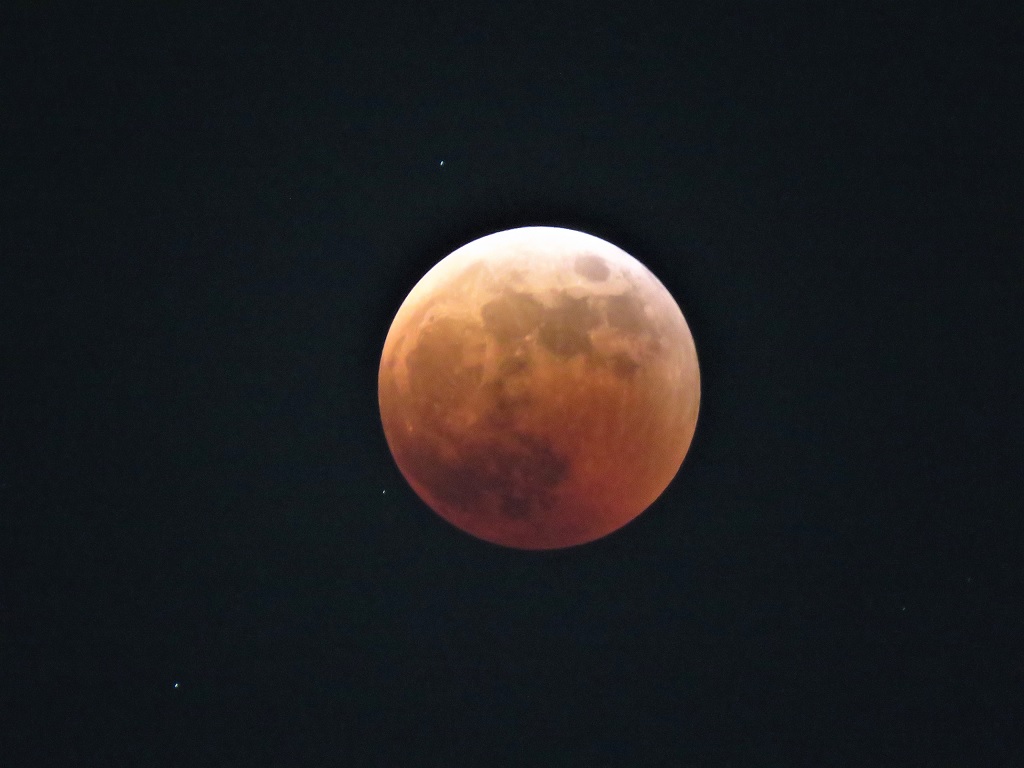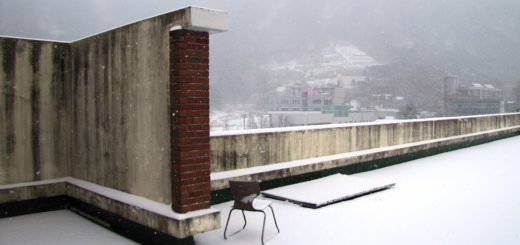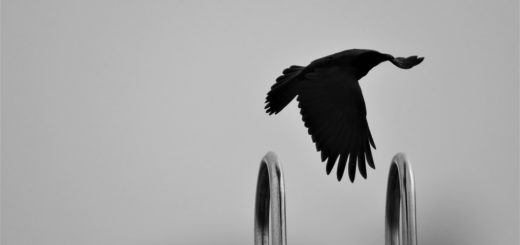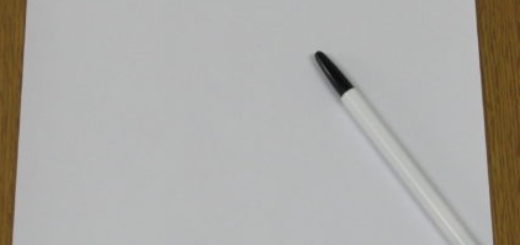Three Reflections On The War
Knowing all the facts in the world grants not the least bit of understanding of what is actually happening, let alone what is likely to happen, anymore than reciting the dates and numbers of history grants the least wisdom about why events transpired as they did. What is needed, rather, is an understanding of human nature, including its most common weaknesses, defensive postures, and rationalizations. Thus, since we live in an age both saturated and infatuated with facts, but completely ignorant of human nature, our most popular perspectives on the war in Ukraine, and its plausible trajectories, range from flat-footed and superficial to vile and inhumane.
Was Volodymyr Zelensky a great peacetime leader? It seems not. Will he be one in the future? We do not and cannot know, and the Western apologists and propagandists for Vladimir Putin are quick to point out various instances of Zelensky seeming to show somewhat illiberal reflexes regarding domestic policy, particularly as relates to freedom of the press. Let us leave aside for the moment the obvious point that such moral equivalency arguments — “Well, you say Putin is crushing free speech in Russia and imprisoning his critics, but Zelensky just passed a law curtailing freedom of the press, so it’s a wash!” — have been a textbook KGB propaganda strategy for generations. The more important point is that Zelensky is not at present a peacetime leader, and the virtues and attitudes suited to leading a nation through a brutal war of self-defense are quite different from those required for the maintenance and projection of freedom in a stable and civil society.
It may well be true that when it comes to the matter of liberal democracy and the rule of law, Zelensky will prove to be no Thomas Jefferson. Indeed, he may not even prove to be a moderately successful president on domestic matters in the long run, if and when Ukrainian life returns to some semblance of normalcy. But the country is far from normalcy now, has been under partial occupation by an invading authoritarian behemoth for more than eight years, and is at present fighting for its bare survival as a sovereign state, under constant, brutal, and unprovoked assault by a stage-four tyrant doing his best impersonation of a suicide bomber. What Ukraine needs now is a national morale booster, a confident voice of resilient courage, a clever strategist, a man who knows how to work the angles and squeeze his international peers for assistance, and a man who is able to stir his countrymen to believe in themselves under the most trying conditions. And that is what they have now.
Even Winston Churchill was not an unambiguously successful or popular peacetime leader, his party losing the popular vote in his only post-war election victory as prime minister, in 1951. But when his country was facing an extinction event, an all-out attack by the world’s best-armed tyranny which could have resulted in generations of oppression and the loss of so much of his nation’s culture and civil structure, Churchill — patriotic orator, unwavering beacon of courage, clever strategist, and a man who knew how to work the angles and squeeze allies for assistance, was the man who took the helm, and possibly, in that moment, the only man who could have done so. And the British population knew it, whatever they might have thought of his leadership before or after the war.
The Western media is loving the endless clickbait cycle of asking, ominously and incessantly, “Is Vladimir Putin dying?”
Of course he is. We all are, and Putin is a seventy-year-old man. Whether he has cancer or not, he knows that he is running out of time to achieve his ends, and since he is a man of global and violent ambitions, his ends have likely become a little darker and more extreme as his mortality has become a more inescapable factor in his life and thought.
A good man, facing the reality of the clock, might eschew some of his more wasteful habits, reassess some of his chosen priorities, read those classic books he has put off too long, consider what he would like to do for his loved ones while he still has time, or just continue to live the productive and enjoyable routines that he has already established as the truest fulfillment of his earthly life or his best means of preparing for the next one.
A bad man — not a flawed man, which is every man, but a truly vicious and ignoble soul — will see the approaching end with some combination of dreadful urgency and self-preservational panic. Depending on what practical resources or powers he has at his disposal, he will in some way lash out at the world, at the clock, or at himself, in a desperate lunge at not dying. That is, he will seek his immortality — which is every man’s goal, naturally — in the self-contradictory form of the greatest destruction he can muster. And of course a tyrant at the helm of a large, militarized nation can muster quite a lot. If he has five hundred thousand men at his disposal, he will destroy them, if necessary, in the name of destroying someone else’s men. If he believes he has someone who will kill on his behalf, he will employ that killer somehow. In all instances, he will, to the extent he is feeling his mortality in his bones, seek to murder (physically or spiritually) everyone who in his mind represents, however twistedly, an obstacle to his survival, or whom he sees as a personified tick of that dwindling clock.
Vladimir Putin is certainly dying. This fact, and his full awareness of it, is written all over the demolished urban buildings of Ukraine, and written in the blood of tens of thousands of young, healthy Russians whom he has sent to the slaughter in his name. Each of their deaths is an increment of his own, and that is how he feels them. He merely hates them for dying, and hopes against all reason that he can somehow win the race, killing all who must be killed to save himself. This is not the thought process of a practical or reasonable man. But a dying tyrant is the furthest thing imaginable from a practical or reasonable thinker. He lives increasingly in the realm of a dark, paranoid poetry of his own making. And he will die there.



